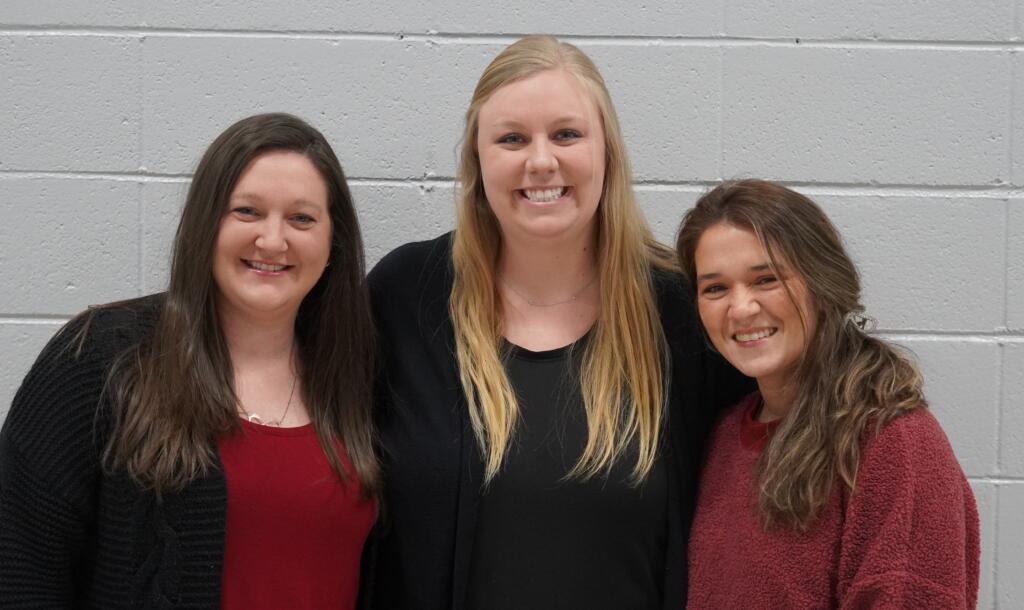Kevin Hines Visits W.F. West
Suicide survivor turned speaker and filmmaker Kevin Hines visited W.F. West High School on April 25, 2024 to deliver a message of hope and mental wellness to our students and community. This visit was made possible through the work of W.F. West Senior Abby Alexander. Thank you to sponsors: Drew North Foundation, Northwest Pediatric Center, Dr. Jennifer Scalici, Security State Bank, Bethel Church, Wagner Orthodontics, Mike and Sue Austin, The Eklund Family, The Alexander Family, Chehalis Education Association and WEA Chinook. Below you will find links to resources Kevin made available to our community through this visit.
Our mental health counseling team can provide brief, solution-focused counseling for students in each building. This can include but is not limited to the management of anxiety, depression, change in academic performance, bullying or involvement in violent behavior, unhealthy peer or family relationships, or suicidal ideation.
If a student’s mental health needs require long-term, outpatient counseling we will assist with the process of connecting families and students with those services in our community.
Important Phone Numbers
Emergency: 911
Suicide Prevention Line: 988
Cascade Community Healthcare Crisis Line: 1-800-803-8833 (Lewis County)
Text HOME to 741741 to contact a Crisis Counselor 24/7 (national hotline)
- Child Protective Service: 1-866-764-2233
Meet the District Mental Health Counselors
badams@chehalisschools.org
(360) 269-3494
aledgerwood@chehalisschools.org
(360) 807-7230, ext. 4003
jhinkle@chehalisschools.org
(360) 219-3657
Click the dropdown below for common reasons a student may be referred to or seek out a mental health counselor:
- Depression, decreased motivation, apathy, isolation from others
- Anxiety symptoms interfering with daily living or school
- Overwhelmed by social interactions or school in general
- Family stressors
- Grief/loss
- Difficulty coming to school or staying at school all-day
- Family stressors
- Interactions with peers
- Grief/loss
Identifying Mental Health Needs
- Directly or indirectly talking or writing about suicide, health, self-harm, or harm to others
- Isolating themselves from friends, family, or social settings (e.g., school, social, athletic, community activities)
- Sudden, uncharacteristic mood or personality change
- Sudden changes in physical appearance
- Change in academic performance
- Unhealthy peer or family relationships (e.g., physical, emotional, sexual abuse)
- Risk-taking behaviors
- Signs of an eating disorder
- Bullying or involvement in violent behavior
- Any other concerns that a student may be experiencing anxiety, depression, substance use, or persistent negative self-talk








Get Social With Us!